Oil Spills…
We have all been very attuned to the horrible Deep Horizon oil spill in the Gulf of Mexico. This tragedy has persisted for several months, and will continue for many months and years to come.
I’d like to let you all know that the Gulf of Mexico spill isn’t the only one happening at this time. Most of you outside of Michigan may not be aware of the Kalamazoo River oil spill, which was discovered on Monday, July 26, 2010. A Canadian pipeline owned by Enbridge Energy Partners developed a leak in its 30-inch pipeline just outside of Marshall, Michigan. This pipeline was originally built in 1969.
I can’t address anything beyond the efforts to help wildlife, which is where most of our concerns and collective expertise lies. Those interested in other aspects of the spill are encouraged to search the web under “oil spill + Marshall, MI” (or http://response.enbridgeus.com/response/).
Just as with the Gulf of Mexico spill, there’s an Incident Command System in place, and the general area is teaming with not only wildlife folks, but EPA, U.S. F & W, Michigan DNRE, OSHA, MiOSHA, Michigan State Health Department, and, I’m sure, other departments I wasn’t aware of.
But back to the wildlife, since this is our collective concern. Focus Wildlife, from the state of Washington (www.focuswildlife.net) was contracted by Enbridge to oversee the care of oiled wildlife. They literally hit the ground running with checklists, knowledge, protocols, and the expertise to make things happen and get what was needed on site. They had the equipment needed in place in a matter of a couple of days so that the birds and animals would receive the proper care ASAP.

I visited within a few days of their arrival, and was very impressed that the bird and animal care was handled in a competent, efficient and quiet manner. The site had an intake area where each bird/animal was examined and triaged. Next was a large room with individual covered pens where the birds were kept quiet, tubed with pedialite and/or nutrients as needed. Once stabilized there, they were washed, rinsed, and dried. Then to an outside pen where they could swim, sun, preen and be readied for release. One thing that Linda Elliott (Animal Care Manager from Focus Wildlife) made very clear was that their organization comes to an emergency with their expertise and a team to organize, but never do they want to exclude the local rehabilitators who want to participate in the hands-on work. This results in a great partnership that works well to benefit the affected wildlife.

Thank you to Focus Wildlife and the many volunteers from several local wildlife organizations who have given their all to help our local wildlife recover from this tragedy.


Leave a Reply
You must be logged in to post a comment.